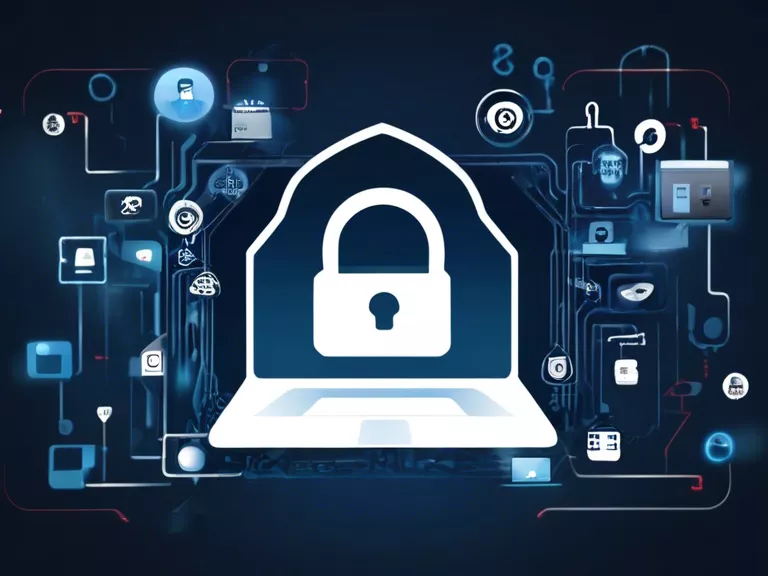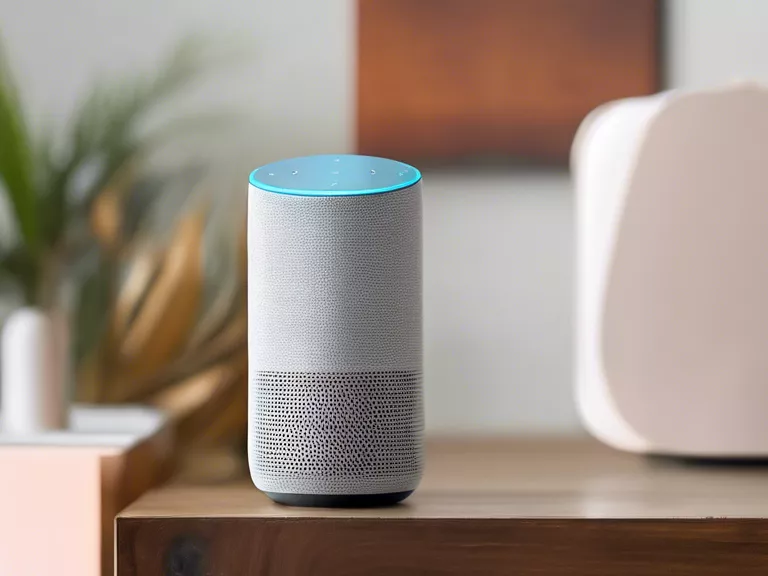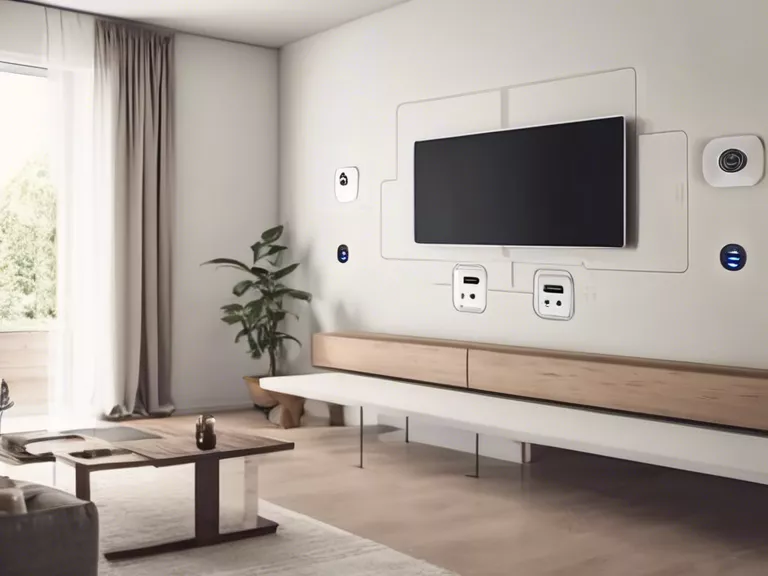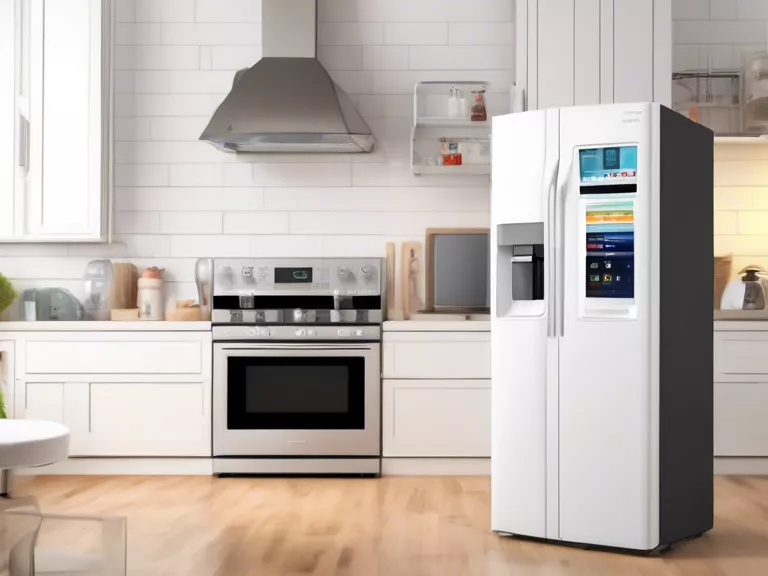
With the rise of smart devices such as smartphones, smart TVs, smart speakers, and more, it's important to take steps to secure them from cyber threats and hacking. Here are some tips to help you protect your devices and personal information.
Keep your devices updated: One of the easiest ways to protect your smart devices is to keep them updated with the latest firmware and software updates. This ensures that any security vulnerabilities are patched and reduces the risk of being targeted by hackers.
Use strong passwords: Make sure to use complex passwords for your smart devices and change them regularly. Avoid using easily guessable passwords like "123456" or "password." Consider using a password manager to keep track of all your passwords securely.
Enable two-factor authentication: Two-factor authentication adds an extra layer of security by requiring a second form of verification, such as a code sent to your phone, in addition to your password. This can help prevent unauthorized access to your devices.
Secure your home network: Ensure that your home Wi-Fi network is secure by using a strong password, enabling encryption, and changing the default network name (SSID) and password. You can also set up a guest network for visitors to use, keeping your main network separate and secure.
Disable unnecessary features: Some smart devices come with features that you may not need or use, but could pose a security risk. Disable any unnecessary features or services to reduce the attack surface and protect your devices from potential threats.
By following these tips, you can help secure your smart devices from cyber threats and hacking, protecting your personal information and privacy.


